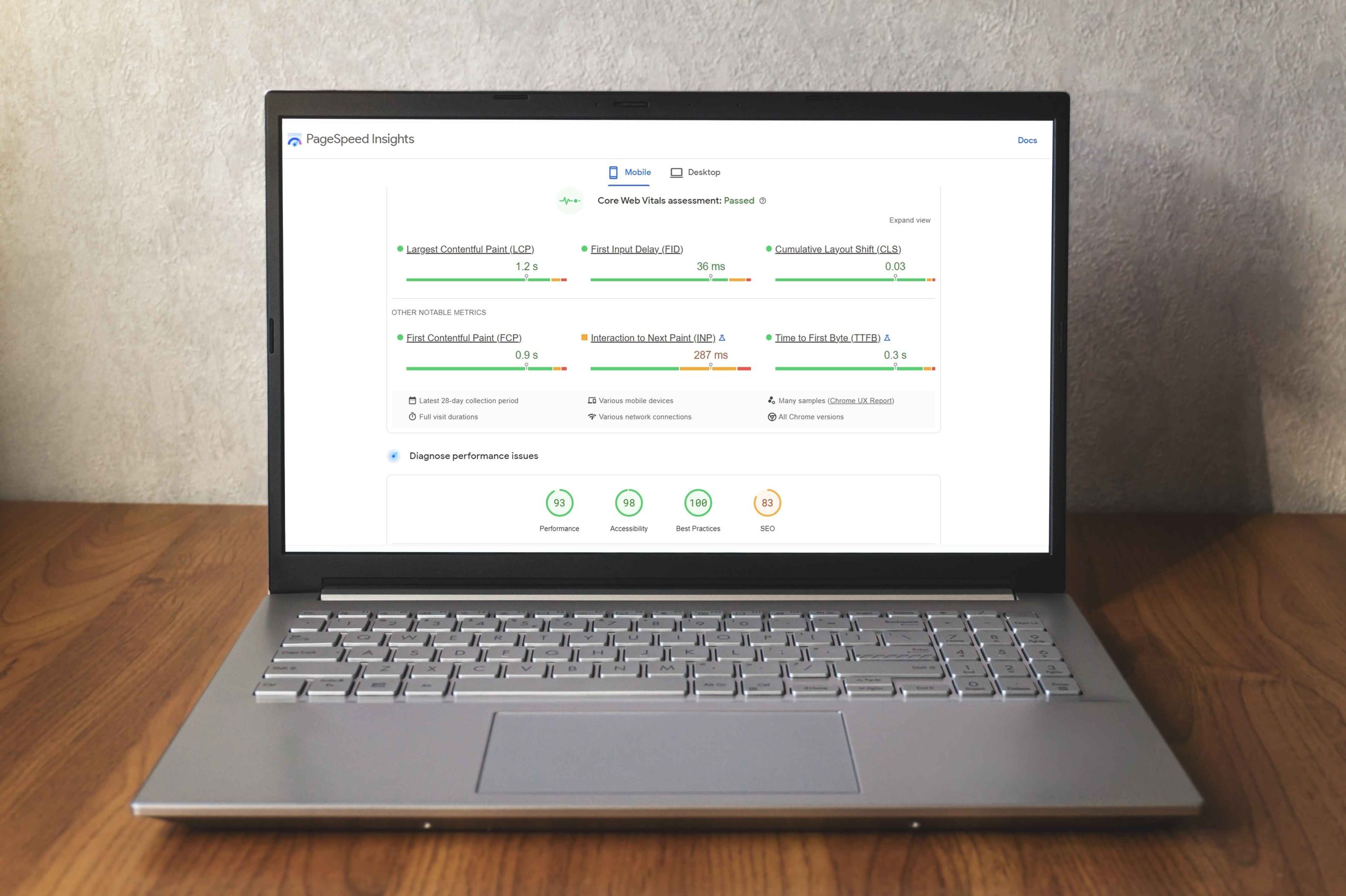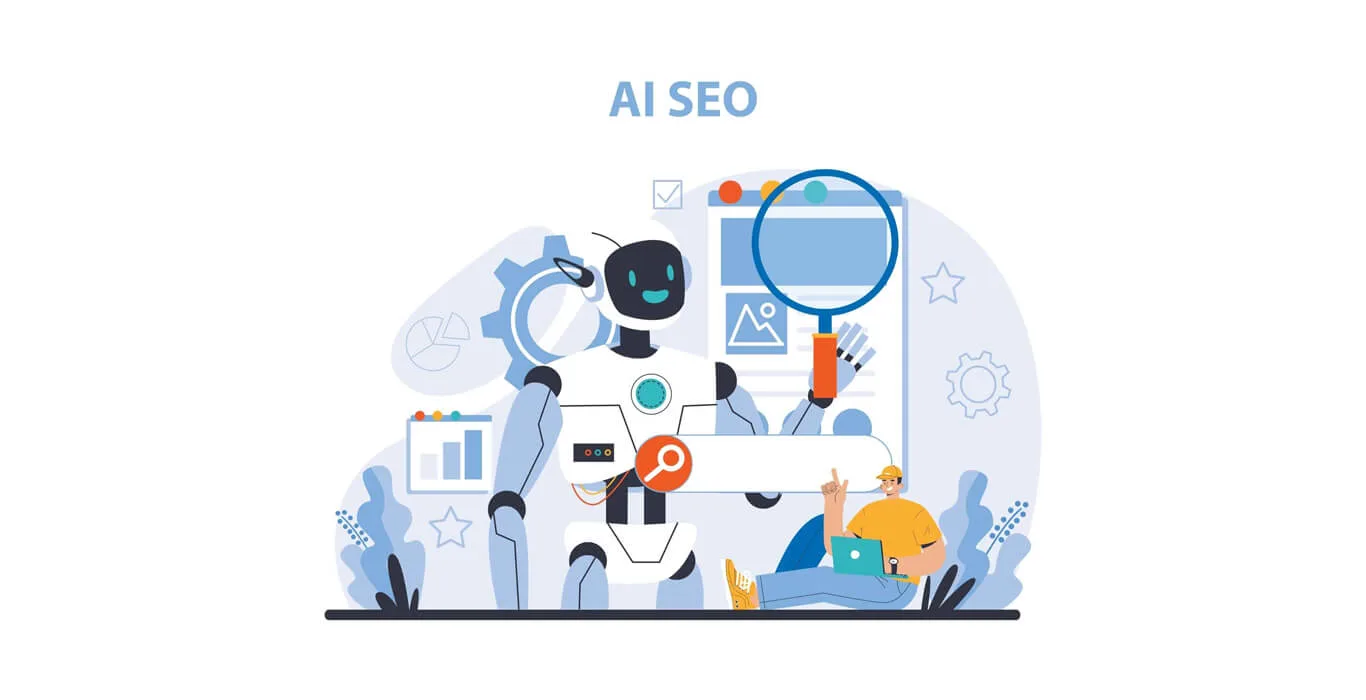
User Engagement: how does website speed matter?
This is the powerful voice that shapes the user’s engagement with the website. Users won’t wait for your site to load. They will bounce before seeing its content. Here’s how website speed influences user engagement:
Bounce Rate:
User Experience:
Mobile Users:
SEO Rankings:
Regarding this, as digital marketing experts say, user engagement metrics like bounce rates and click-through rates greatly impact every SEO company in India. Page speed affects the ranking algorithm developed by Google, and as such, faster pages can rank higher than slower ones. Increased user engagement may result from improved visibility associated with better rankings.
Major Elements Influencing Page Load Time
Hosting Speed:
Content Size and Complexity:
Responsiveness:
DNS Resolution:
How to Improve SEO?
Choose High-Quality Hosting:
Optimize Content:
Efficient Coding:
Mobile Optimization:
Minimize Redirects:
Browser Caching:
Enable GZIP Compression:
Regular Monitoring:

What Tools Are Available for Measuring and Improving Site Speed?
Google PageSpeed Insights:
This tool analyzes a website’s performance, generating scores and giving suggestions for improvements. It looks into parameters such as Core Web Vitals, page load times, resource loading times, and others.
GTmetrix:
Pingdom:
WebPageTest:
WAVE Web Accessibility Evaluation Tool:
SEO Site Checkup:
Uptrends:
In conclusion, website speed is important in enhancing the engagement of users and search engine optimization ranking. Businesses can
be able to comprehend the importance of website speed on user behavior and implement suggested strategies and tools to make sure their websites load rapidly and provide exceptional experiences to the users. In this regard, IKF offering the best SEO services in India helps other businesses achieve faster loading sites and enhanced SEO results that translate to higher user engagement and success in cyberspace. Contact us if you want to go further with your website for the best user experience and better rankings from an SEO company in India. As a first step towards success, your website should be fast.

Ashish Dalia is the CEO & Chief Digital Marketing Strategist at I Knowledge Factory Pvt. Ltd.

Ashish Dalia is the CEO & Chief Digital Marketing Strategist at I Knowledge Factory Pvt. Ltd.











